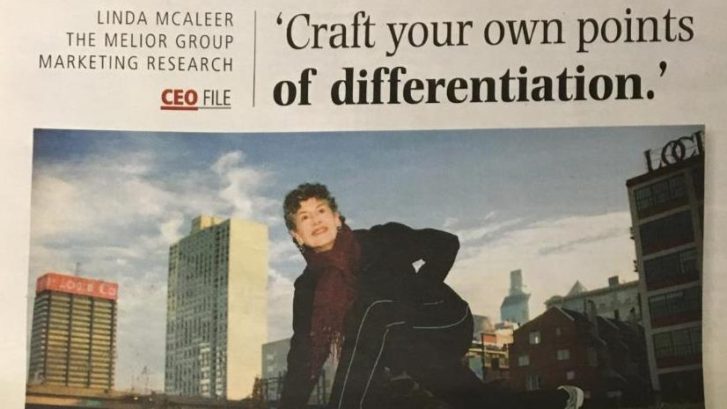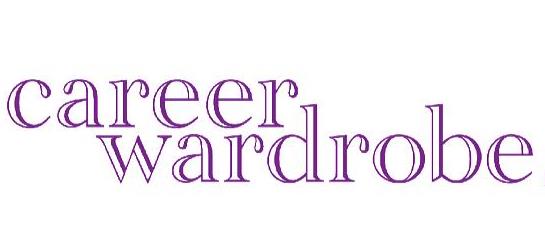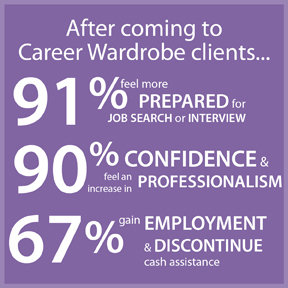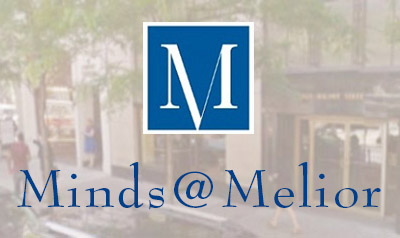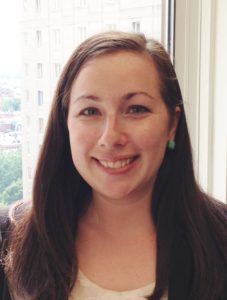Just a few weeks ago, Philly.com reported that Rowan College at Burlington County (RCBC), a community college, would no longer permit on its campus any advertising, display of logos, or collateral materials from colleges/universities other than Rowan-branded institutions. This angered and disappointed 4-year college presidents and administrators across the region. [See link below at bottom of our post]
The article, and this issue, piqued an interest in The Melior Group’s research consultants, as Melior often works with colleges and universities on initiatives including strategic directions, recruitment efforts, and marketing and communications.
Members of the Melior team had a difference of opinion after reading this article. Vice Presidents Elizabeth Foley and Liz Cohen, both of whom provide strategic vision, branding, and development in the education sector, decided to square off in a point/counterpoint in response to this issue. It’s time for a battle of Elizabethan proportion!
Point: It’s about time colleges started to address the issue of competition in order to survive (Elizabeth Foley)
Community colleges are traditionally a pipeline to move students into a 4-year school. So, it baffles me that anyone is surprised that a Rowan-branded community college would want to encourage its students to go to Rowan to complete a 4-year degree. From a business perspective this makes a lot of sense. If you can offer your customers (i.e., students) what they want, why send them elsewhere or promote other institutions when first and foremost you want them to consider your university? That would be tantamount to walking into the New Balance store on Walnut Street for sneakers and the sales clerk offering directions to a Nike or Adidas store as additional shopping options.
While it was nice that RCBC allowed many different 4-year colleges to present information to its students via advertising and college fairs in the past, it’s the times they are a changin’ (thank you Nobel Laureate Bob Dylan). Higher ed is facing a number of long term challenges, which we’ve discussed in other blog posts [see links below].
The population estimates for the coming decades are not pretty: there will be fewer students entering 4-year institutions as the next decade progresses. Most colleges are competing for students these days; Rowan is no different. What better way to matriculate students than to cultivate them right from Rowan-branded community colleges?
Community colleges serve a great purpose. And the innovations that have come from Rowan University (such as its 3+1 program, which enables students to spend 3 years at one of the two Rowan University-affiliated community colleges and just 1 year at the University as they complete coursework for their bachelor’s degree) in order to attract students to pursue a 4-year degree, in all likelihood were developed knowing that the competition for students will only increase because the prospective college student pool will continue to decrease.
The President of RCBC, Mr. Paul Drayton, censures 4-year colleges in the article for their inability to adapt:
“Drayton accused four-year schools of wanting to maintain a status quo despite a shifting higher education landscape. ‘It’s changed because those same colleges are too expensive. They brought this upon themselves, right? So they, during the worst economic recession in modern history, increased tuition … and so parents and students and others are talking about this.’”
The rising costs of attending college are putting that goal out of reach for many prospective students. The changing economy is altering the face of higher education as we know it. Mr. Drayton brings up valid points about the costs to attend some of their former “partner” institutions. The RCBC-to-Rowan University pipeline makes smart economic sense for students looking to get a 4-year degree at an affordable price.
In the article, some administrators from some of the (former) partner institutions said that the options available to students about transferring to a 4-year school would be limited, implying that students wouldn’t be aware of the other institutions at all.
However, based on Melior’s area research studies, we’ve learned the institutions referred to in this article have some of the highest top of mind awareness ratings in the region. The idea that students won’t know about those institutions because they’re not allowed to advertise at RCBC is condescending to students – who are savvier and smarter than we’ve seen in decades. And, I would argue that students who don’t know how to use a search engine in order to research area degree programs shouldn’t yet be attending college.
Ultimately, the concern from the 4-year colleges is misplaced. Instead of being angered about RCBC’s new policy, perhaps they should be using their own resources and devising innovative programs and creating strategies that will help attract their desired target students to their institutions.
Counterpoint: What was RCBC Thinking? (Liz Cohen)
The barriers that Rowan University has erected to limit other 4-year colleges’ on-campus outreach to RCBC students are unfair, short-sighted, and completely contrary to the spirit and values of public education.
The RCBC mission is as follows:
Rowan College at Burlington County transforms lives by delivering innovative, high-quality and affordable educational experiences in an accessible and diverse environment.
As stated above, RCBC aims to “transform lives.” For many students, that transformation can happen with a 2-year degree, but some students may aspire to a transformation that requires a 4-year degree or beyond. In keeping with its mission, RCBC’s first priority should be to support the dreams of its students, and as such, it is obligated to open as many doors, and provide as many opportunities, as it can.
Rowan University counters any criticism of its new restrictions by saying that of course RCBC students are free to explore, and eventually attend, any and all 4-year institutions. But by not giving other 4-year colleges and universities the opportunity to visit and recruit on the RCBC campus, Rowan is ignoring the reality of many RCBC students, whose lives are filled with classes, part- or full-time employment, and family obligations. On-campus visits from 4-year colleges and universities can make it just a little more convenient for RCBC’s striving, hard-working students to learn about their options.
Frederick Keating, the President of Rowan College at Gloucester County (RCGC) – a “sister” community college that is also part of Rowan – disagrees with RCBC’s approach. He states:
“We don’t see any jeopardy, we don’t see any risk, we don’t see any kind of reason to be more restrictive in promoting opportunity…We’re here for [students], so you put everything out, we give them everything we can give them. They will make the choice.”
Mr. Keating understands that Rowan University needs to take a positive approach to attracting students by offering them the best quality education for the cost – and not by making it more difficult for them to research alternatives.
Who is right? Comment and let us know your thoughts!
To learn more about our work with higher ed, please contact
Elizabeth Foley at [email protected] / 215-545-0054 x111 or
Liz Cohen at [email protected]/ 215-545-0054 x103.
Philly.com article:
http://www.philly.com/philly/education/20160923_Why_four-year_colleges_are_fuming_at_NJ_community_college.html
Education-related Melior blog posts:
https://www.meliorgroup.com/trends-challenges-higher-education/
https://www.meliorgroup.com/eight-characteristics-of-future-focused-community-colleges/

